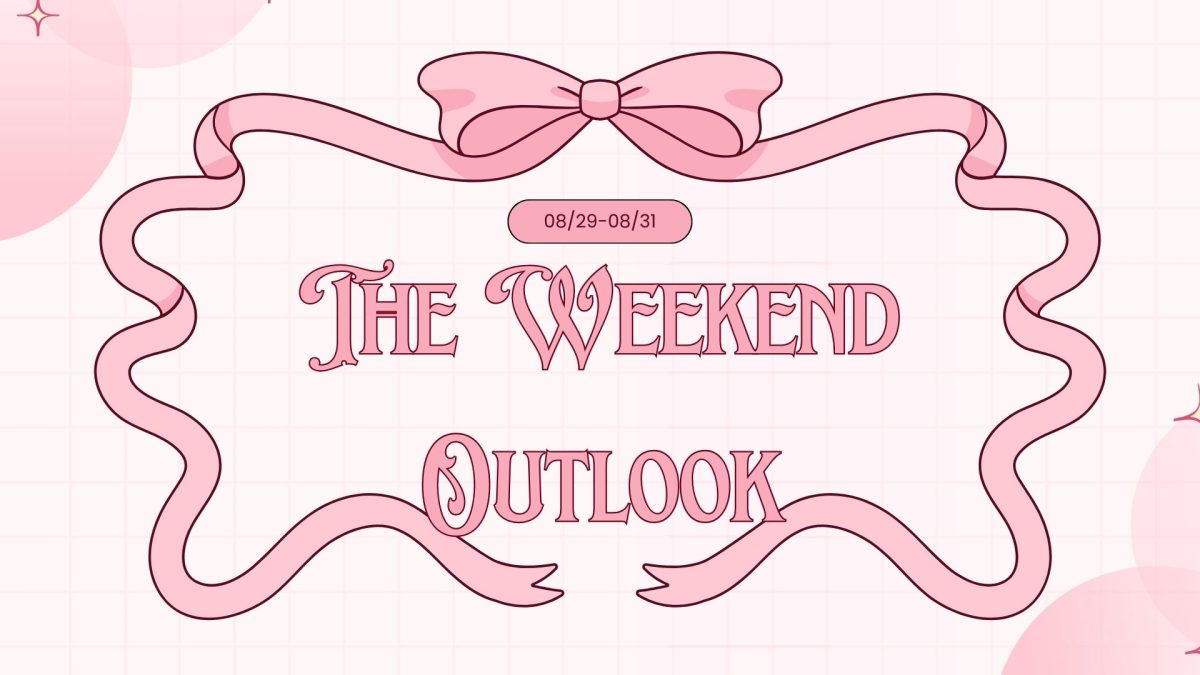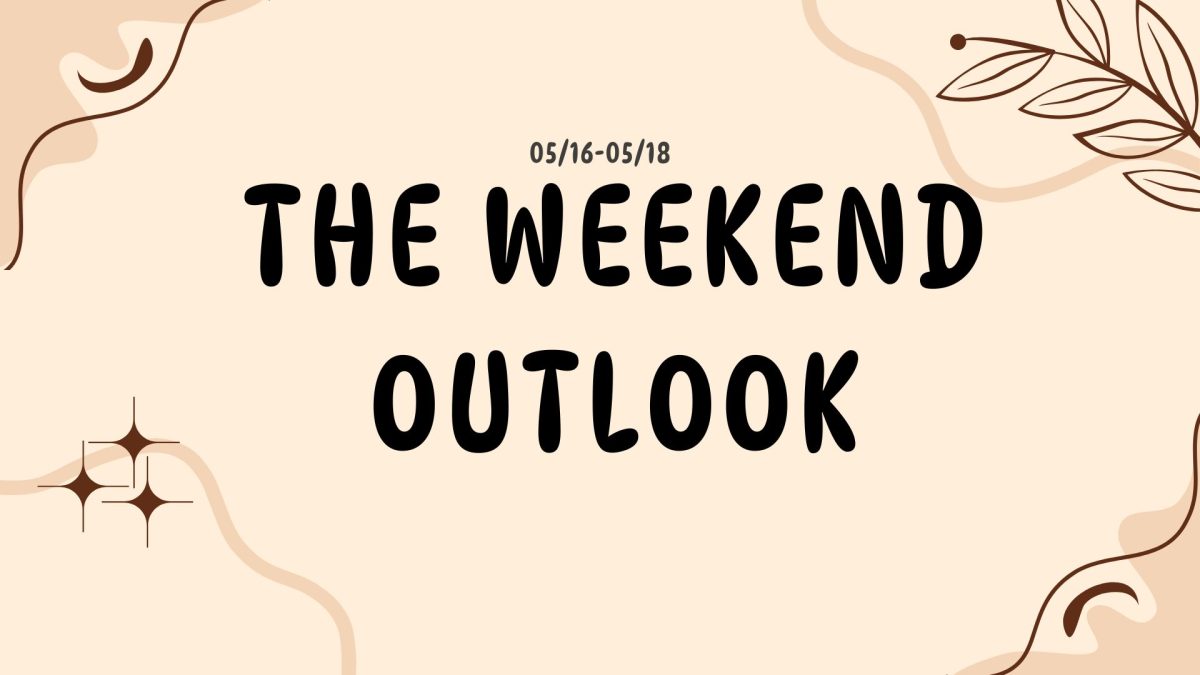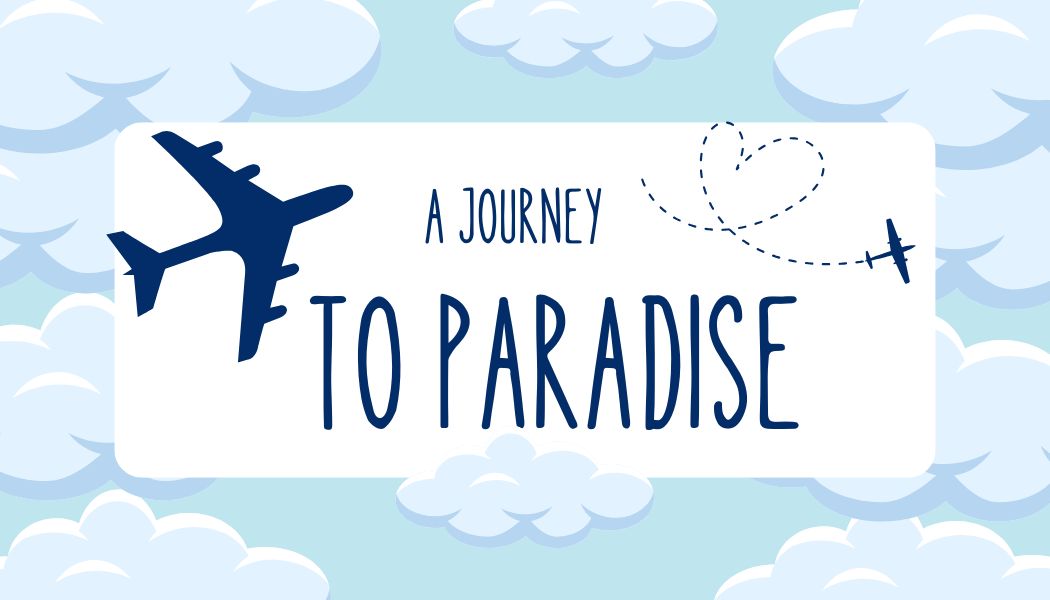Mental health is commonly used to degrade or belittle others. Those who are tasked with the everyday ups and downs of mental health are made to feel as if they are less human than others. They aren’t. They are just as worthy as anyone else, and help is available for them.
As described by the Centers for Disease Control and Prevention (CDC), mental health pertains to our emotional, psychological, and social well-being. The CDC goes on to state how mental health has an impact on how we think, feel, and act. It also aids in determining how we handle stress, relate to others, and make healthy choices.
“Take a breath.”
“Relax.”
“Calm down.”
All of these phrases are excruciatingly common things heard by someone who is going through a tough time mentally. These phrases are overused and lose their meaning.
When most people who are already experiencing some sort of stressor are “spiraling,” these common phrases are no help. It feels like they have already heard them a million times in the midst of their struggles. People who battle mental illness don’t need others’ reminders to do something that they have already tried. They, more than likely, need gentle guidance or individualized words of encouragement, not basic expressions that people who may be struggling are expected to adhere to.
So many people don’t possess knowledge surrounding mental health. Mental illness can make it hard for someone to believe what you’re telling them no matter how much they may really want to believe you. They may deny the affirmations that are given to them and feel a sense of guilt because of it. What a lot of people don’t realize are the causes and contributors of mental illness.
People who suffer from mental illness aren’t just seeking attention and they aren’t faking it. According to WebMD, many mental health conditions are caused by a combination of biological, psychological, and environmental factors.

Mental illness can run in families, but that does not make it a dominant trait. WebMD provides information on the different factors that can be linked to mental illness. Various biological factors linked to mental illness include, but are not limited to, brain defects or injury, substance abuse, poor nutrition, or exposure to toxic substances such as lead.
Psychological factors can consist of varied forms of childhood trauma, early losses, and neglect. Environmental factors may include a dysfunctional family life or changing jobs or schools. Alongside these factors, socioeconomic issues can also lead to mental illness. Socioeconomic issues can be things such as unemployment, poverty, and poor or unstable living conditions. These are just a few things that can lead to decreased mental health. As stated by Mayo Clinic, mental illness can affect emotions, thoughts, and behaviors. It may entail various symptoms such as excessive fears or worries, extreme mood changes of highs and lows, withdrawal from friends and activities, and more.
According to the National Institute of Mental Health, people who seek to improve their mental health may be interested in self-care tips such as getting regular exercise; eating healthy, regular meals; and making sleep a priority. More tips for nurturing mental health provided by Mental Health America include, but are not limited to, keeping track of gratitude and achievement via journal, building self-confidence by working on strengths and then tackling a tougher task, and taking time to get some good laughter in. Other tips provided by Mental Health America are dancing around while doing housework, relaxing in a warm bath at least once a week, taking a 30 minute walk in nature, and enjoying just 15 minutes of sunshine.
As claimed by Healthline, more techniques that can aid mental health in a favorable manner may include completing the 5-4-3-2-1 method or listing favorites. When done efficiently these techniques can help lessen intense emotions.
The 5-4-3-2-1 grounding method can ease anxiety and involves counting down from 5 to 1 and stating things that relate to the five senses. So, one wishing to utilize this technique would begin by focusing on 5 things that they can see, then proceeding to 4 things they can touch, 3 things that can be heard, 2 things that can be smelled, and 1 thing that can be touched.
And listing favorites is an easy, yet helpful grounding technique. Anyone who wants to list favorites as a coping mechanism would simply state several of their favorites in many different categories such as food, TV shows, or candy.
While simultaneously being stereotyped as cliche, therapy can truly help a person who is struggling. Often, people neglect the importance of being able to express yourself and tell someone else how you feel. Far too often people keep their feelings to themselves which can lead to a plethora of overwhelming feelings and a decrease in mental well-being.
When people encounter those who are mentally ill, they may not know how to properly handle a situation as such. Even though there are some do’s and don’ts to handling these situations, there really is no telling how your actions may affect someone in a time of crisis. No one is superior to those who battle mental illness. We must remember not to gaslight those who are struggling. Let’s be a helping hand to others and treat everyone with kindness.
The biggest thing is remembering to be your own advocate. People don’t know what it’s like to be in your shoes, nor do they know the things you may be battling. Reach out, get help, and speak up for yourself. Keep in mind that these things do take time. You won’t be magically restored overnight. Improved mental health is a process, yet there are things that people battling mental illness can do to ground themselves and find some sort of stabilization.
People who struggle with mental health are not any less human.

All people are worthy of respect and care. Remember it’s a bad day not a bad life. Ground, stay focused, and everything will work itself out.





















































